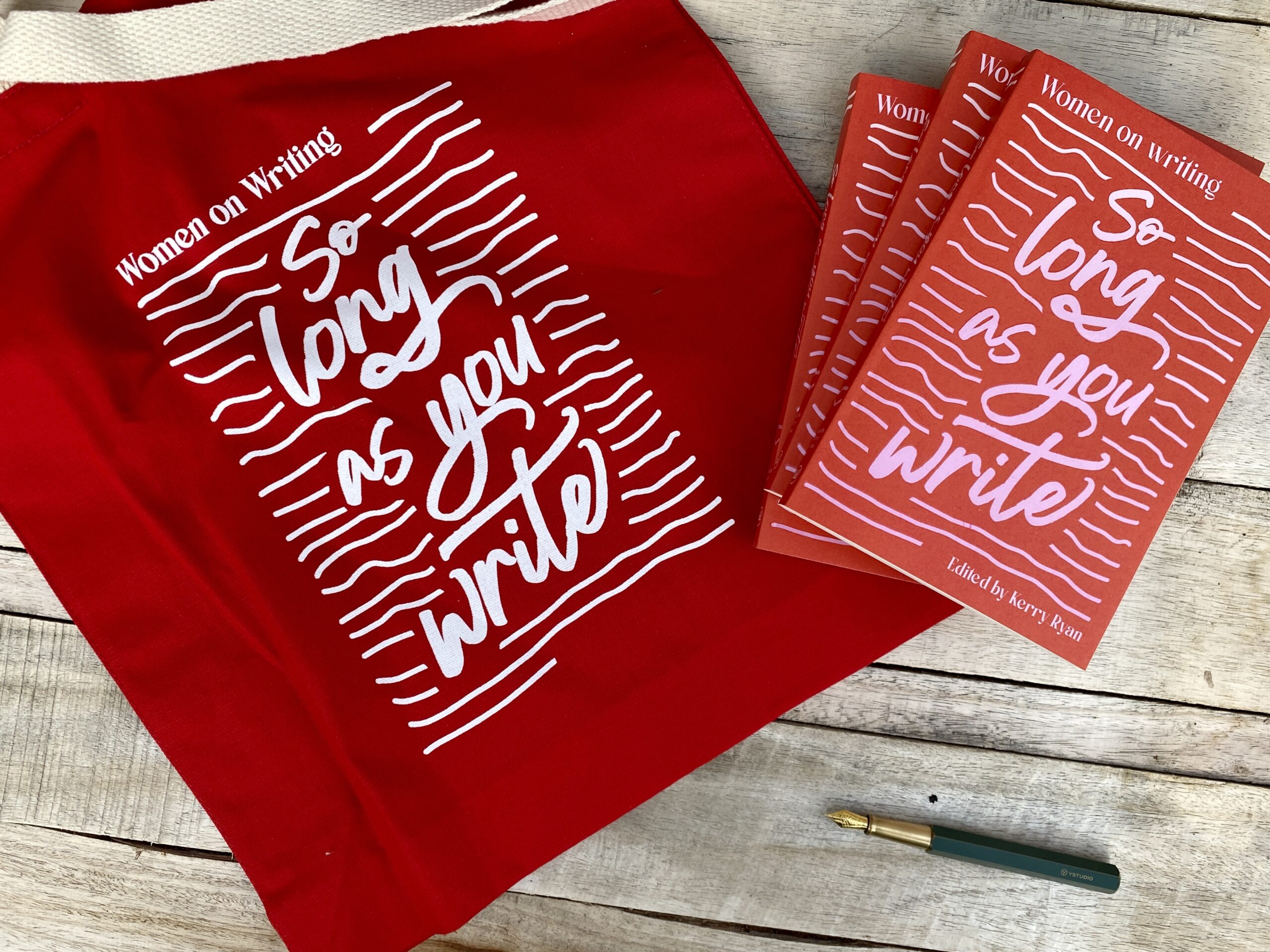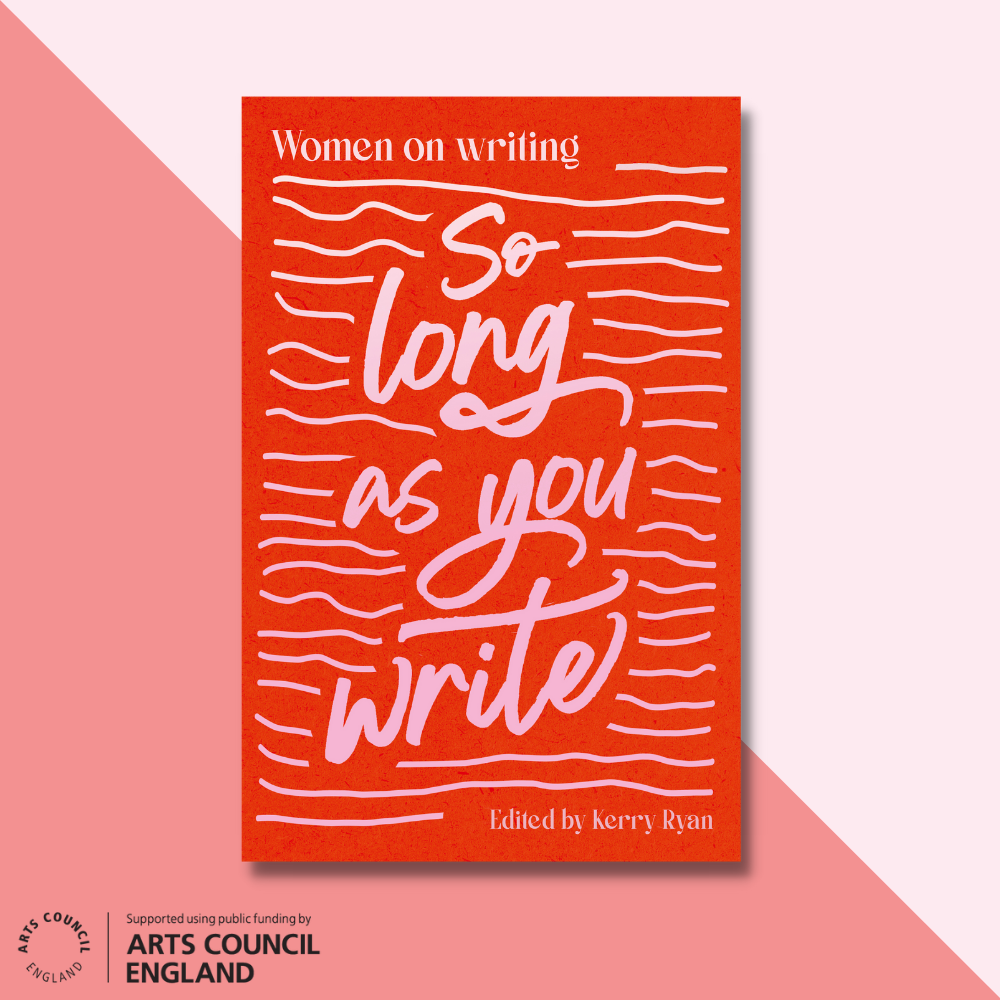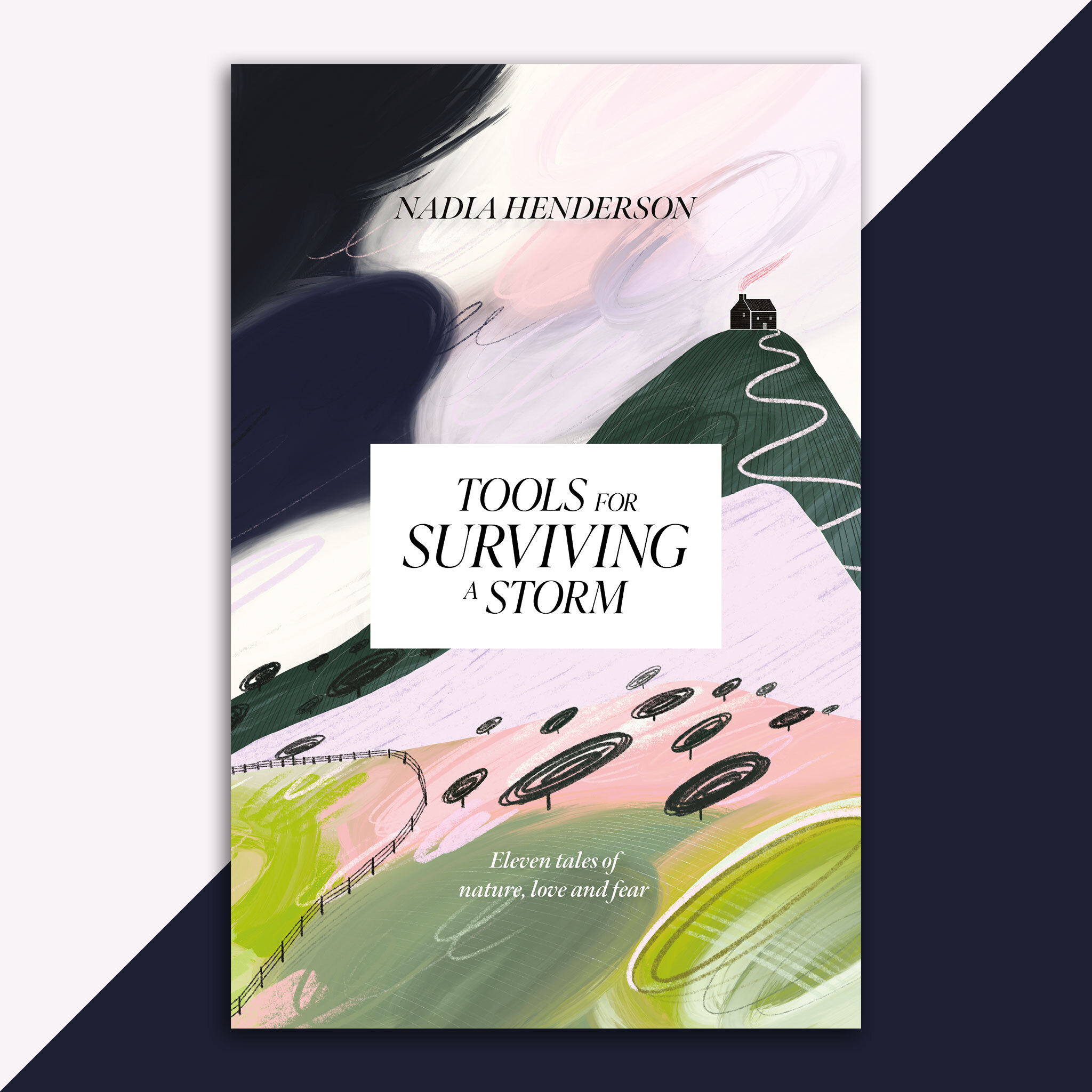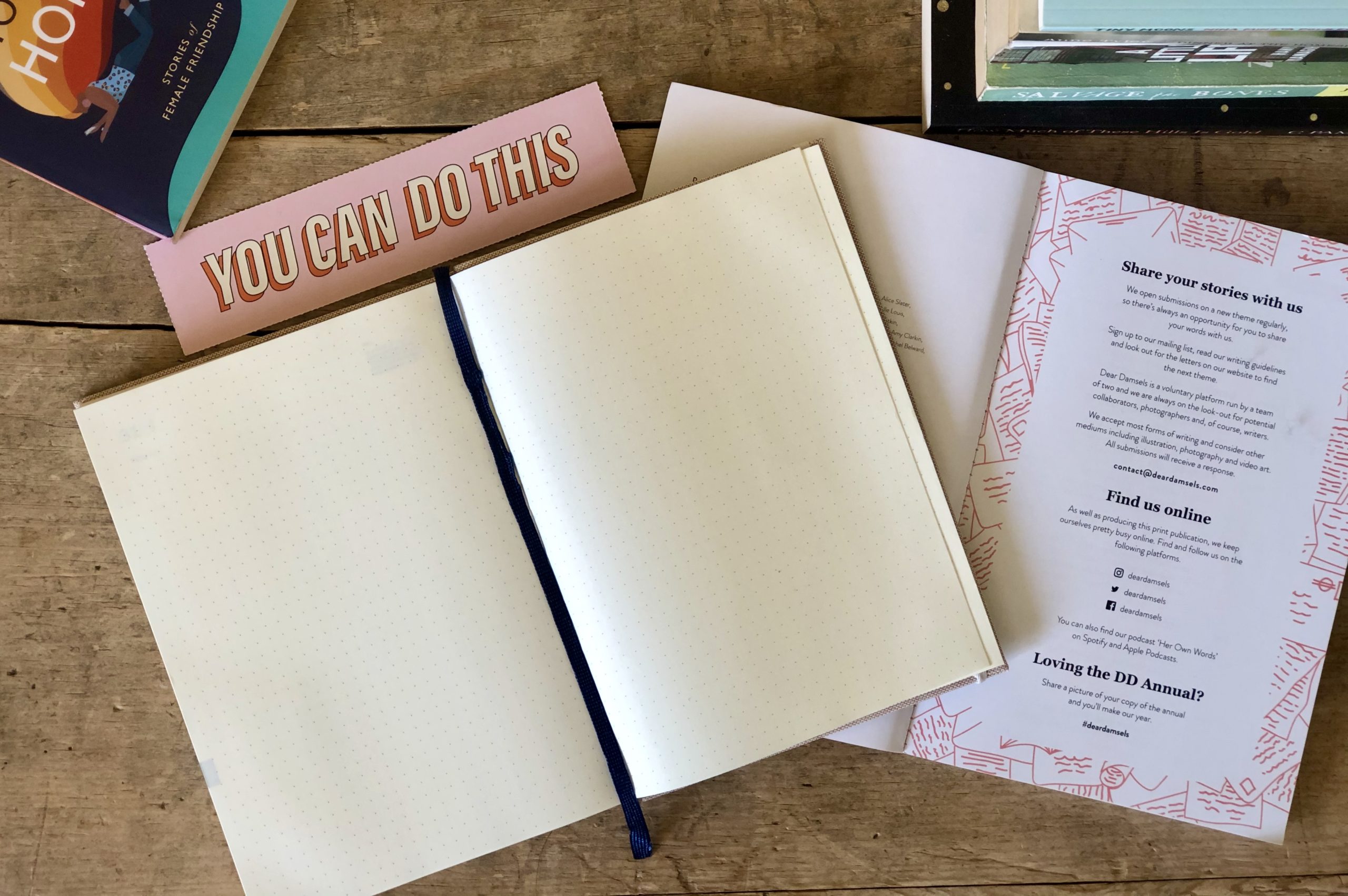FEATHERS IN THE TAR | In the absence of daily joys, Jess Thomson works out how to pull herself from the tar (cw: depression)
content warning: depression
by Jess Thomson
Emily Dickinson once famously wrote that hope is the thing with feathers. If hope is a bird, it is a being of hammering heartbeat and impulse, ever aloft in the wind, carelessly spiralling upwards with the late-afternoon thermals, watching the world change beneath it without concern. Depression, however, is a thick oil slick, floating invisible on the water surface, waiting to trap anything reaching its lowest point. Once trapped, the bird will emerge with feathers crusted in tar, choking for breath through a clogged throat. Its glassy eyes stare wistfully up into the sky at the others soaring overhead with seemingly no effort at all. It desperately wants to fly with them.
Every day I have to convince myself to get out of bed. The moment my alarm blares out its jaunty tune and my eyelids attempt to unglue themselves from one another, the thick black crude oil oozes out of my brain and down my throat, settling in my stomach. It remains there for most of the day, getting heavier with every meal, occasionally spewing out personal insults like a drunk Englishman at last orders. It drains my energy to the very last drop, convincing me that every word that comes out of my mouth is the most stupid thing that anyone in the history of the world has ever said, and distorts the person in the mirror to look like a strange pink blancmange. Every menial task seems akin to climbing Kilimanjaro, and as I try to fall asleep at night, my brain projects a highlights reel of all the embarrassing things I’ve done in my life onto the back of my eyelids. Mostly, I struggle to feel anything except totally terrified, and completely desperately miserably bleak. I guess it’s pretty hard to be excited about anything when there’s a large mass of asphalt aggressively gnawing at your internal organs.
“I have been trying to tend to the thing with feathers, gently washing the tar out of its down, massaging the suds all over and rinsing in warm water.”
The sadness comes in waves, though; it’s not always pitch blackness. There are some small flickers of hope and joy in my day-to-day that I try to cling to with both hands: a polite pigeon hopping around on the Overground platform, house parties with groups of old mates and screaming with laughter about some scandalous revelation, meeting my best friend for lunch and having in depth discussions about the latest episode of RuPaul’s Drag Race. It’s the first cup of tea in the morning, it’s trying a delicious new food that I’ll come back to many times, it’s lie-ins, salted popcorn, a first kiss. These are the moments that pierce the blanket fog of my brain, reminding me why I carry on. These are the glimmers of hope that maybe life will be technicolour again, one day.
In March of this year, the world became purgatory for everyone. I had been on the brink of getting help for my brain when life as we knew it caught fire, and that was pulled from underneath me. I went tumbling. Housebound and isolated, the days blurred into weeks into months. There was no variety, no novelty, no excitement. Every day was exactly the same as the last, with no respite in sight. I barely spoke to friends; Zoom quizzes sent my adrenaline levels rocketing through the roof and I’d end up sat in silence, muscled tensed, for hours on end, concentrating on nothing much more than how to make my fake smile seem genuine. I felt guilty for feeling so fed up: I was one of the lucky ones who still had a job, still had a roof over my head. I didn’t know anyone who had even caught the virus, let alone died from it. Who was I, to let myself feel like this, when I was one of the least affected people in the world?
Of course, that’s not how depression works. The tar will drown any bird.
What had been keeping me just barely chugging along before were those glimmers of hope, those little moments where I remembered that life was worth sticking around for. They were a reminders of a future to come. Without them, it became hard to tell what the fucking point of it all was, if this was all life was now.
I was the worst I’d ever been.
Everyone has lost something this year, be it big or small. It has been a time of grief, fear, anger and loneliness. I’ve learned how much I rely on the little things, those freckles of hope to get me through the day, and how it feels to be starved of them for a while. Slowly but surely, the world has begun to get back to normal. The light has started to seep through the cracks in my head, illuminating joyful parts of myself that have been dormant for months. I sat around a firepit with my best friends, curled up in a blanket, looking up at the stars as they put the world to rights beside me. I went to the shop and bought myself my favourite goats cheese. I danced around the kitchen to a song I’d just discovered, and baked some of the most fudgy, stodgy brownies that the world has ever seen, studded with salted caramel and sea salt. I wore a pretty dress and liked the way it lay just so on my hips. I sat in the sun on a July morning and soaked up the summer breeze.
Life became living again, just a bit.
I have been trying to tend to the thing with feathers, gently washing the tar out of its down, massaging the suds all over and rinsing in warm water. I will get better. This bird will fly again, in time.
Jess Thomson | @thomsonjessic | generation-she.com
Jess was born in South Africa and raised in Cornwall. She currently lives in London, and leads a double life: by day, a boring old proofreader for a science journal, and by night, an aspiring writer. She recently graduated from a biology degree at Oxford University, and is a big fan of cheese, swimming in the sea and small dogs.






